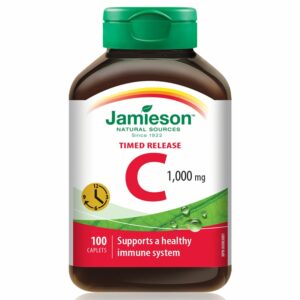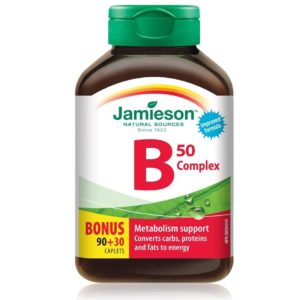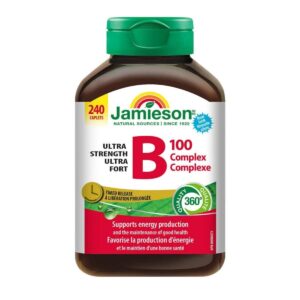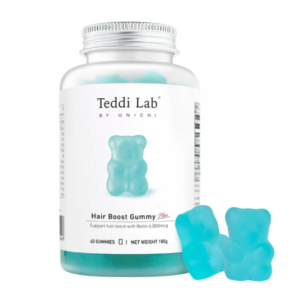
Does Vitamin E improve sleep quality?
Vitamin EVitamin E is one of the most important vitamins we need. Vitamin E ensures that our immune system remains healthy and has a strong antioxidant effect, protecting our cells from free radical damage. Does this essential nutrient also help with sleep? Research has been conducted on how vitamin E can help with sleep deprivation, insomnia and the effects on sleep patterns.
Effects of sleep deprivation on the human body
In our fast-paced lives, lack of sleep may seem normal, but it can affect your health. It is important to make sure that you get enough sleep as much as possible. Here are some tipslack of sleepSome negative health effects.
- Lack of sleep increases body weight. Leptin and gastric starvation hormone control hunger and are affected by sleep levels.
- Sleep deprivation can reduce immune function and prolong recovery from illness. It can also make you more susceptible to upper respiratory illness, which is important considering the COVID-19 pandemic.
- = Sleep helps to restore and rebuild blood vessels, or helps to maintain blood pressure and glucose levels.
- Sleep deprivation can lead to mood problems/anxiety. Sleep deprivation can lead to low mood and/or irritability and may exacerbate existing mental health problems.
- It can lead to forgetfulness or difficulty remembering new concepts. Lack of sleep affects memory because during sleep the brain forms connections that help it remember and process new information.
How Vitamin E Helps You Sleep
So how can Vitamin E help us get a better night's sleep? Many studies have explored vitamin E, looking at what it helps to protect and maintain, how it affects our sleep and sleep patterns and any diseases that may interfere with sleep.
- Provides potential protection against memory loss caused by sleep deprivation. Vitamin E protects the hippocampus, a critical part of the brain for memory consolidation. A study has shown that vitamin E helps reduce oxidative stress, which impairs learning and memory processes caused by sleep deprivation.
- Improve sleep apnoea. Researchers have found that those who suffer from sleep apnoea have lower levels of vitamin E in their bodies. Some studies suggest that increasing vitamin E may help improve nighttime breathing and sleep quality.
- Helps in treating leg discomfort. Leg discomfort can lead to insomnia, which can affect a person's quality of life. A study of haemodialysis patients found that Vitamin E combined with Vitamin C may reduce its severity.
Vitamin E-rich foods
Eating foods rich in Vitamin E and a variety of well-balanced whole foods is a great way to get the Vitamin E you need to help improve your sleep, as Vitamin E is most effective when taken in conjunction with other vitamins such as Vitamin C and Vitamin B3. If you are considering taking a vitamin E supplement to improve your sleep quality, consult your doctor as vitamin E is a fat-soluble vitamin, which means it has a higher potential for toxicity if too much is taken.
Vitamin E can be found in foods such as dark green vegetables, nuts, seeds, fish and fruits. Here are some of the foods that contain the most Vitamin E:
- Wheat Germ Oil
- sunflower seed
- apricot kernel
- avocado (Persea americana)
- hazelnuts
- Abalone
- peanuts
Related Post:
Related Products:
-
Jamieson – Long Lasting Vitamin C 1000mg 100 Tablets
Original price was: $138.00.$118.00Current price is: $118.00. Add to basket -
Jamieson – Natural Vitamins B complex 50 120 capsules
Original price was: $168.00.$108.00Current price is: $108.00. Add to basket -
Unichi – Teddi Lab® Gummy Bears Gummy Bears for Hair Growth Upgraded Sea Salt and Green Titanium Flavour 60 Capsules
Original price was: $170.00.$125.00Current price is: $125.00. Add to basket






































































